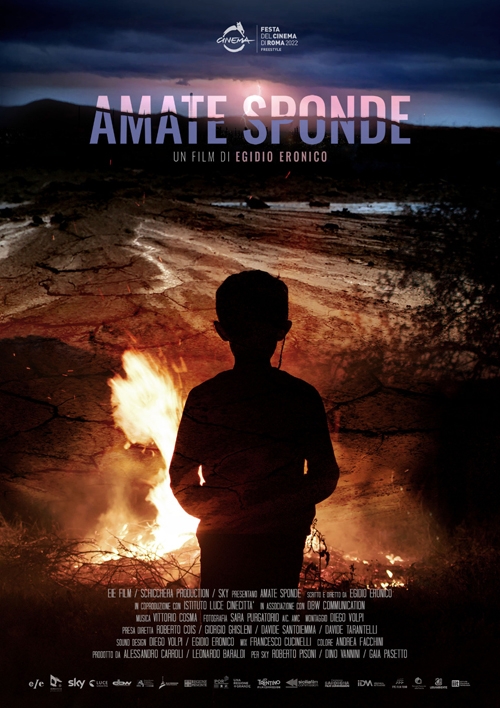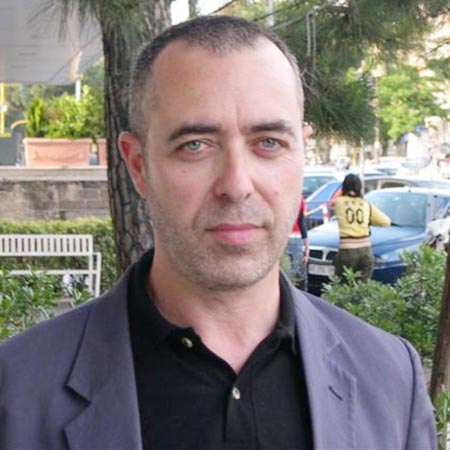Amate sponde by Egidio Eronico, distributed by Cinecittà, will be released in Italian cinemas on Tuesday March 14th, 2023. The film was presented in the programme of the 17th Rome Film Fest.

AMATE SPONDE
Director
Egidio Eronico
Nation
Italy
Year
2022
Duration
80′
A reconnaissance survey of Italy and its underlying framework. A story told only through images and music, showing the lay of the land today, a domestic map of sometimes misunderstood marvels, and of familiar places, beloved and often lost. Italy is a country of marked inequality, yet it is continually transforming in its struggle toward sustainable development, suspended between the old and the new.
COMMENTARY
From Piedmont to Trentino, from Veneto to Sardinia and Sicily, a journey around an Italy that is changing yet remains bound by old habits, vices and virtues. Egidio Eronico uses only music and images to show the beauty and ugliness of the country, the environmental wounds, the fragility, and the desire to move toward a more balanced development. All this is encapsulated in a title that echoes the celebratory verses by Vincenzo Monti, Per la liberazione dell’Italia, yet also perhaps draws inspiration from the grotesque 1974 musical by Alberto Arbasino and Mario Missiroli of the same name.
EGIDIO ERONICO
Egidio Eronico was born in Rome. He graduated with a degree in architecture in 1983. In the 1970s, he produced and directed independent films. In 1986, he made his feature-length debut with Viaggio in città, co-directed with Sandro Cecca. Following Annata di pregio, Fiabe metropolitane and Il guardiano, he directed Charlton Heston in the 2002 film My father – Rua Alguem, 5555. He has made several documentaries, including A proposito di Roma, L’amico magico, about Nino Rota (for radio), Michel Petrucciani Body and Soul Tribute and Nessuno mi troverà, about the disappearance of Ettore Majorana.

DIRECTOR’S STATEMENT
Like in a Bach suite, with its tempos and its movements, and provided with a prelude. This is the form that characterises Amate sponde, with a narrative structure without words, using only images and music. The story of a country, Italy, and its contradictory yet vital present. A film where the interaction of images and sound, mediated by editing, becomes a physical and emotional storytelling device. In the footsteps of Eisenstein, the film lets the viewer see the music and listen to the images, because the important thing is not so much to understand, but rather to try to hear what we are, where we are and what we don’t want to lose.

